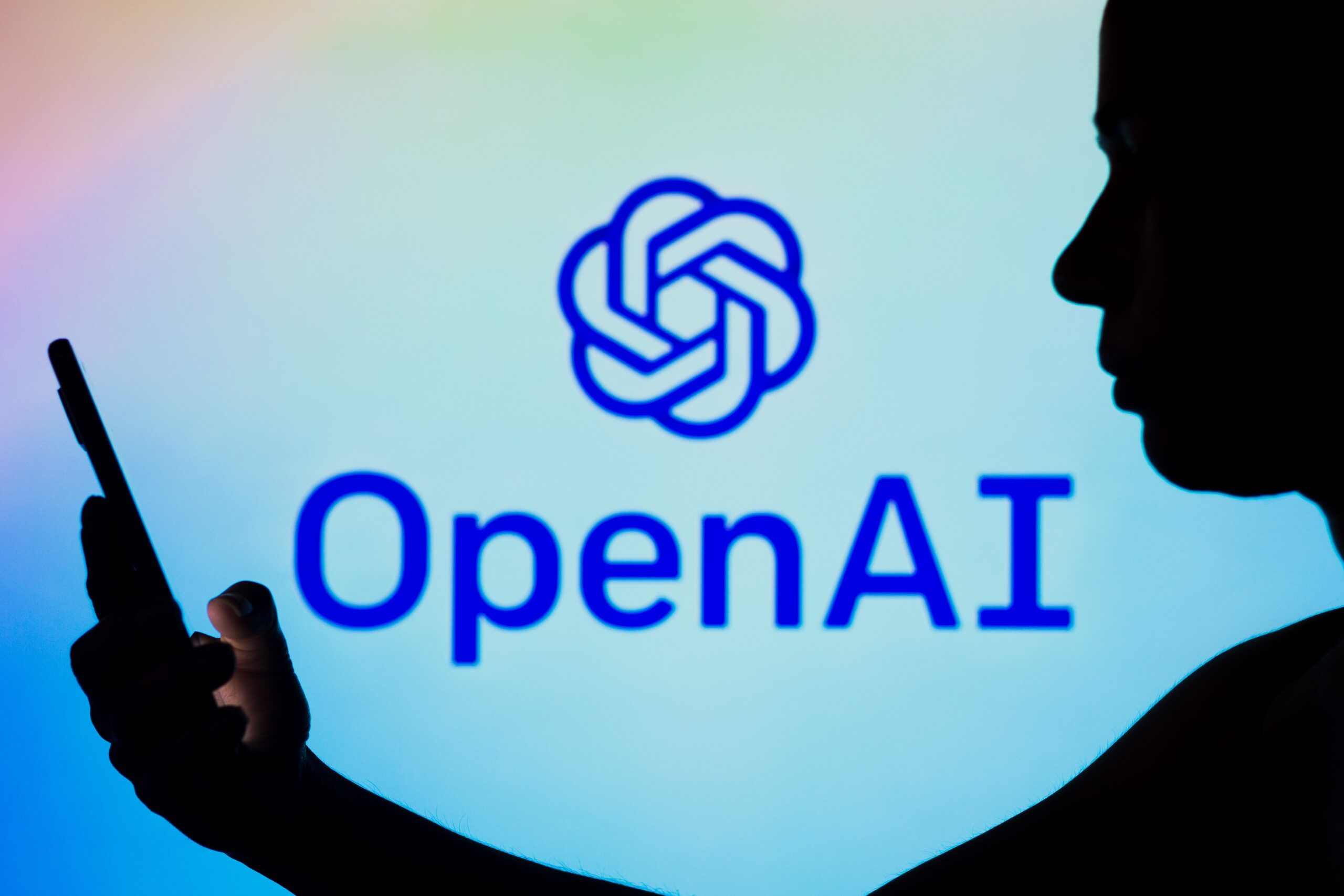Key Insights:
- OpenAI refutes NYT lawsuit claims, highlighting ethical AI use and respect for copyright with robust media industry collaborations.
- NYT challenges OpenAI and Microsoft on content use, setting a potential legal precedent in AI and copyright law.
- OpenAI emphasizes fair use and partnership efforts, including an opt-out option for publishers, amidst groundbreaking copyright disputes.
OpenAI has publicly refuted claims made by The New York Times in a recent lawsuit in a striking development. The tech giant has dismissed the allegations as baseless, emphasizing its commitment to ethical AI practices. OpenAI’s strong stance comes after the NYT accused it and its partner Microsoft of unauthorized use of content for training AI chatbots.
OpenAI, in a detailed blog post, outlined its perspective on the controversy. The organization highlighted its surprise and disappointment, noting that prior discussions with the NYT seemed positive. This unexpected legal challenge has sparked a significant debate in the tech and media worlds.
The Core of the Dispute
At the heart of the dispute is the NYT’s assertion that OpenAI and Microsoft have excessively used their content for AI training. OpenAI counters this by insisting that its practices fall under fair use. Moreover, they offer an opt-out option for publishers, underscoring their respect for copyright concerns.
A notable point in OpenAI’s defense is the claim that any misuse of NYT content is not a typical or sanctioned user activity. The organization has also pointed out efforts to prevent AI models from regurgitating training data, a process they are actively refining.
Partnerships and Progress in Media Relations
OpenAI has been quick to highlight its positive relationships within the media industry. The organization has partnered with German media giant Axel Springer to enhance AI reliability and address issues like AI hallucinations. Additionally, OpenAI is working with the News/Media Alliance to explore opportunities and resolve concerns.
These collaborations underscore OpenAI’s commitment to fostering constructive relationships with media entities. They also reflect the organization’s dedication to advancing AI technology responsibly and ethically.
New York Times’ Stance and the Legal Battle Ahead
The New York Times, on the other hand, maintains its stance. They allege that OpenAI’s use of their content is disproportionately high, second only to sources like Wikipedia and U.S. patent documents. Despite reaching out to OpenAI and Microsoft in April 2023 for a resolution, the NYT states that their concerns went unaddressed, leading to the current legal impasse.
Legal experts have labeled the NYT’s lawsuit as a potentially landmark case in copyright law related to generative AI. This case may set precedents for how AI developers use copyrighted material in the future.
